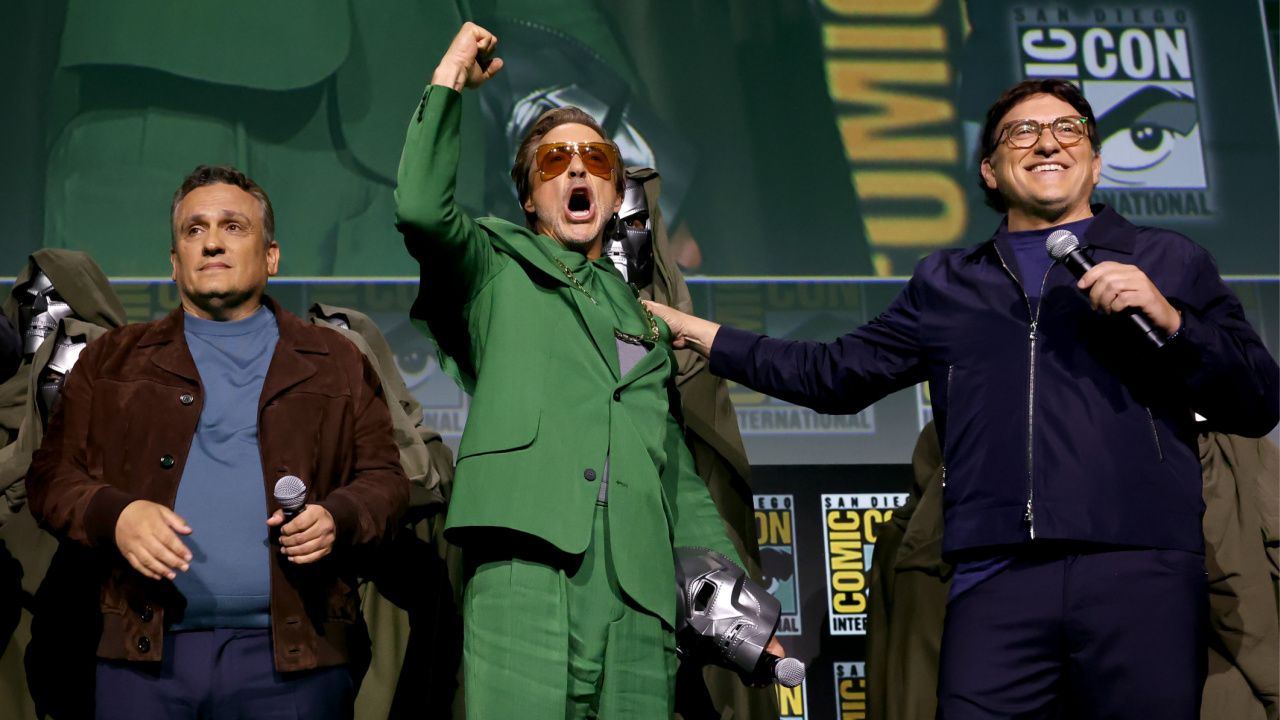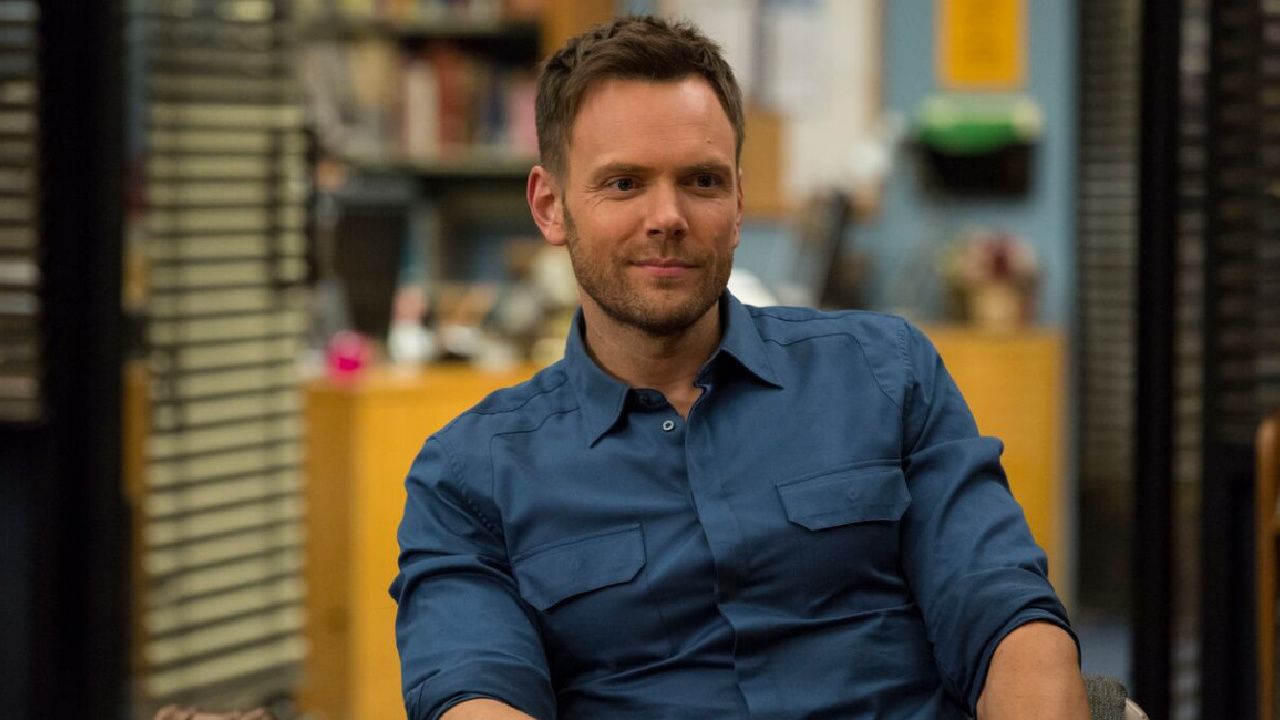Tough, Tender French Immigrant Drama

Ever since they were granted essential worker status during the pandemic, food deliverers on bikes have become a steady fixture of the contemporary urban landscape. And yet, most us only interact with them for a few seconds at a time, grabbing the box of pizza or bag of food, saying thank you (if we’re polite enough) and quickly shutting the door.
What happens after that is the subject of director Boris Lojkine’s compelling third feature, The Story of Souleymane (L’Histoire de Souleymane), a realistic and very humanistic look at one immigrant’s grueling daily life in Paris, where he struggles to make a living and obtain legal status.
The Story of Souleymane
The Bottom Line
Authentic and quietly compelling.
Venue: Cannes Film Festival (Un Certain Regard)
Cast: Abou Sangare, Nina Meurisse, Alpha Oumar Sow, Emmanuel Yovanie, Younoussa Diallo, Keita Diallo
Director: Boris Lojkine
1 hour 42 minutes
Another movie immediately comes to mind here, which is Vittorio De Sica’s neorealist classic, Bicycle Thieves. Both films are structured as suspenseful, ticking-clock dramas where men navigate a ruthless city as they ride around on two wheels, doing everything they can to get by.
In many ways, Lojkine’s third feature plays like an update of the postwar Italian masterpiece, showing how the same story could still happen today — at a time when immigrants occupy some of the toughest working-class jobs in cities around the world, and when such jobs are now at the very bottom of a dog-eat-dog gig economy ruled by indifferent apps.
The film’s eponymous hero, played with fragility and increasing emotional tension by non-actor Abou Sangare, labors for one such unnamed app (think Uber Eats or Deliveroo), racing around Paris’ rain-soaked streets with an isothermal bag to keep the food warm. Souleymane is a hard worker and clearly an honest one, even if he his legal situation forces him to “rent” his driver identity from a fellow African who has papers.
That could all change if he manages to pass an interview with an immigration officer in charge of determining whether he deserves a coveted carte de séjour, which would allow him to live and work legally in France. The “story” of the film’s title refers to the story Souleymane is planning to tell the officer — a story he rehearses with a shady advisor (Alpha Oumar Sow) who claims to know how to manipulate the French system.
Set over three days, Lojkine’s script, which he co-wrote with Delphine Agut (Inshallah a Boy), never once leaves Souleymane’s side as he deals with setback after setback before the big interview. The director clearly spent time researching his subject, revealing the nitty gritty of a job where every single movement is monitored by an all-powerful app. He also shows how Souleymane is part of a larger coterie of African migrant deliverers — predominantly hailing from Guinea, Mali and the Ivory Coast — who earn so little money that they have to spend their nights in a homeless shelter far from the center of town.
Many things we take for granted, such as a regular salary, a bed to sleep in, or a family or friends one can depend on, are absent from Souleymane’s hardscrabble and lonely existence, even if he does occasionally get some help from his fellow migrants. What’s certain is that the Parisians he delivers to, and passes by on his bike, barely see him. (Author’s note: Several scenes in the movie were shot around my own neighborhood.)
One of the film’s most moving sequences involves a brief encounter between Souleymane and an old French man who lives alone in a top-floor apartment, and who becomes the only customer in the entire movie to ask the deliverer where he’s from. Whether the man does so because he’s actually curious about Souleymane, or because he may be senile, is yet another sad truth in this brutally honest depiction of a migrant’s life.
This doesn’t, however, mean that the film feels overtly bleak, and like Lojkine’s debut feature, Hope (which played in Cannes’ Critics’ Week), The Story of Souleymane is peppered with moments of tenderness and camaraderie, especially among migrants willing to help each other out. One quick and telling scene, in which a kebab vendor gives Souleymane a free coffee, is enough to convince us that humanity is not completely lost.
Per the press notes, the director worked with a skeleton crew to shoot on busy Paris streets, where Sangare convincingly blends in with the crowd. There’s definitely a Dardennes brothers vibe to Tristan Galand’s over-the shoulder camerawork, which coasts behind the actor as he weaves in and out of traffic or into dark old buildings, although Lojkine also cites Romanian films like 4 Months, 3 Weeks and 2 Days as a reference.
The race-against-the-clock element of the latter is present here as well, leading to a riveting finale in which Souleymane finally shows up at the interview that will determine his future. By that point, he’s already been through hell, and as he sits down in front of the immigration officer (Nina Meurisse), we’re very much rooting for him to make it. And yet, after a long back-and-forth that finds Souleymane gradually and painfully baring his soul, including all he went through to get from Guinea to Paris in the first place, Lojkine leaves us wondering what making it even means if you lose so much of yourself in the process.
Read the original article here






